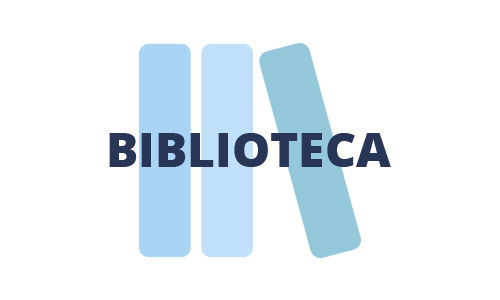Personalidad - Lourdes Rey Peña

Lourdes Rey Peña
Profesora Titular de Universidad
Tel: 951 522425 E-mail: lrey@uma.es
Despacho: 2.040D y Decanato
BREVE CURRÍCULUM:
-------------------------------------------------------------------------------------------------------------------------
DOCENCIA EN:
Facultad de Psicología y Logopedia:
- Master Universitario Oficial en Psicología General
Facultad de Derecho:
- Programas de tratamiento con delincuentes
Directora del Máster de Tratamiento Psicológico Infantil y Juvenil
-------------------------------------------------------------------------------------------------------------------------
INVESTIGACIÓN EN:
- Recursos personales positivos como factor protector ante el bullying y cyberbulling
- Evaluación y adaptación de herramientas de recursos personales, emocionales y bienestar.
- Fortalezas psicológicas, Inteligencia emocional y su papel en las adicciones a las nuevas tecnologías (smartphone, redes sociales, internet, videojuegos).
Grupo PAIDI CTS-1048 “Recursos personales positivos, bienestar y salud en contextos aplicados- Applied Positive Lab
Más información en: www.appliedpositivelab.com
------------------------------------------------------------------------------------------------------------------------
PUBLICACIONES:
- Sánchez-Álvarez, N., Extremera, N., Rey, L., Chang, E. C., & Chang, O. D. (2020). Optimism and gratitude on suicide risk in Spanish adults: Evidence for doubling up or doubling down?. Journal of Clinical Psychology, Enlace.
- Arrivillaga, C., Rey, L., & Extremera, N. (2020). Adolescents’ problematic internet and smartphone use is related to suicide ideation: Does emotional intelligence make a difference?. Computers in Human Behavior, 110 Enlace.
- Rey, L., Neto, F., & Extremera, N. (2020). Cyberbullying victimisation and somatic complaints: A prospective examination of cognitive emotion regulation strategies as mediators. International Journal of Clinical and Health Psychology,
- Quintana-Orts, C, Rey, L. & Neto, F. (2020). Beyond Cyberbullying: Investigating When and How Cybervictimization Predicts Suicidal Ideation. Journal of Interpersonal Violence,
- Extremera, N., Mérida-López, S., Quintana-Orts, C., & Rey, L. (2020). On the association between job dissatisfaction and employee’s mental health problems: Does emotional regulation ability buffer the link?. Personality and Individual Differences, 155
- Mérida-López, S., Extremera, N., Quintana-Orts, C., & Rey, L. (2019). Does Emotional Intelligence Matter in Tough Times? A Moderated Mediation Model for Explaining Health and Suicide Risk amongst Short- and Long-Term Unemployed Adults. Journal of Clinical Medicine, 8 (6), 797.
- Mérida-López, S., Extremera, N., Quintana-Orts, C., & Rey, L. (2020). Sentir ilusión por el trabajo docente: inteligencia emocional y el papel del afrontamiento resiliente en un estudio con profesorado de secundaria. Revista de Psicología y Educación, 15 (1), 67-76.
- Chamizo-Nieto, M. T., Rey, L., & Sánchez-Álvarez, N. (2020). Validation of the spanish version of the Cognitive Emotion Regulation Questionnaire in adolescents. Psicothema, 32 (1), 153-159.
- Sánchez-Álvarez, N., Rey, L., Extremera, N., Chang, E. C., & Chang, O. D. (2020). Frequency of Suicide Ideation Inventory: Psychometric Properties of the Spanish Version. Psicothema, 32 (2), 253-260.
- Extremera, N., Rey, L., & Sánchez-Álvarez, N. (2019). Validation of the Spanish version of Wong Law Emotional Intelligence Scale (WLEIS-S). Psicothema, 30 (1), 94-100.
-------------------------------------------------------------------------------------------------------------------------






